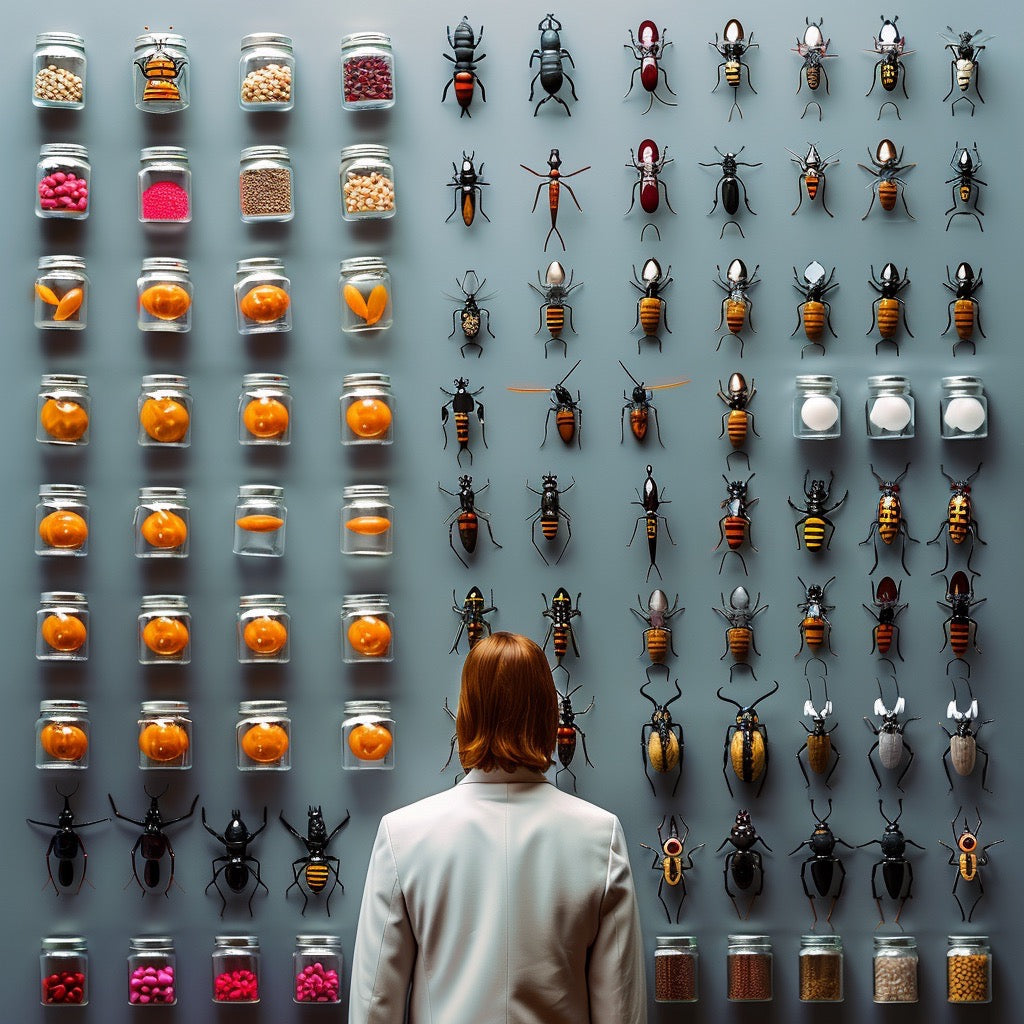The Chemistry of Edible Ants

In the world of culinary exploration, one of the most intriguing frontiers is the realm of edible insects. Among these tiny yet flavourful creatures, ants hold a special place, offering a wide range of tastes and textures that add depth to dishes and sauces. One such ant species, the chicatana ant, is renowned for its nutty, fatty flavour, making it a popular choice in parts of Mexico.
As the global demand for protein continues to rise, insects like ants are emerging as a sustainable alternative to traditional animal proteins. With their high nutritional value and low environmental impact, ants are gaining attention from researchers and food enthusiasts alike.
According to Changqi Liu, an associate professor of food science at San Diego State University, ants possess diverse and intriguing flavour profiles that can significantly enhance culinary experiences. "I don't want people to feel that they are making a sacrifice by eating these insects," Liu explains. "I want to show that they can actually taste very good, while being nutritious and good for the environment."
Liu and his team recently presented their research on the aroma profiles of four species of edible ants at the spring meeting of the American Chemical Society. By analysing the odour profiles of ants like the chicatana ant, common black ant, spiny ant, and weaver ant, they aimed to unravel the compounds responsible for their unique flavours.
The common black ant, for instance, emits a sour flavour reminiscent of lemon juice, while the chicatana ant boasts a nutty, woody, and fatty aroma, attributed to the presence of aldehydes and pyrazines. These distinct flavour profiles offer new possibilities for the food industry to create appealing insect-based products that can overcome psychological barriers in different regions.
Understanding the flavour profiles of edible ants not only expands culinary horizons but also presents opportunities for the food industry to innovate. By promoting desirable flavours and mitigating undesirable ones, scientists can pave the way for a future where insects play a vital role in sustainable and delicious cuisine.
Looking ahead, Liu and his team aim to explore the flavour profiles of more ant species and developmental stages, such as ant eggs, which are considered a delicacy in some cultures. Through their research, they hope to unlock the full potential of edible ants, enriching culinary experiences and promoting sustainable food practices.
Reference - cosmosmagazine.com
- Tags: Fragrance Education






